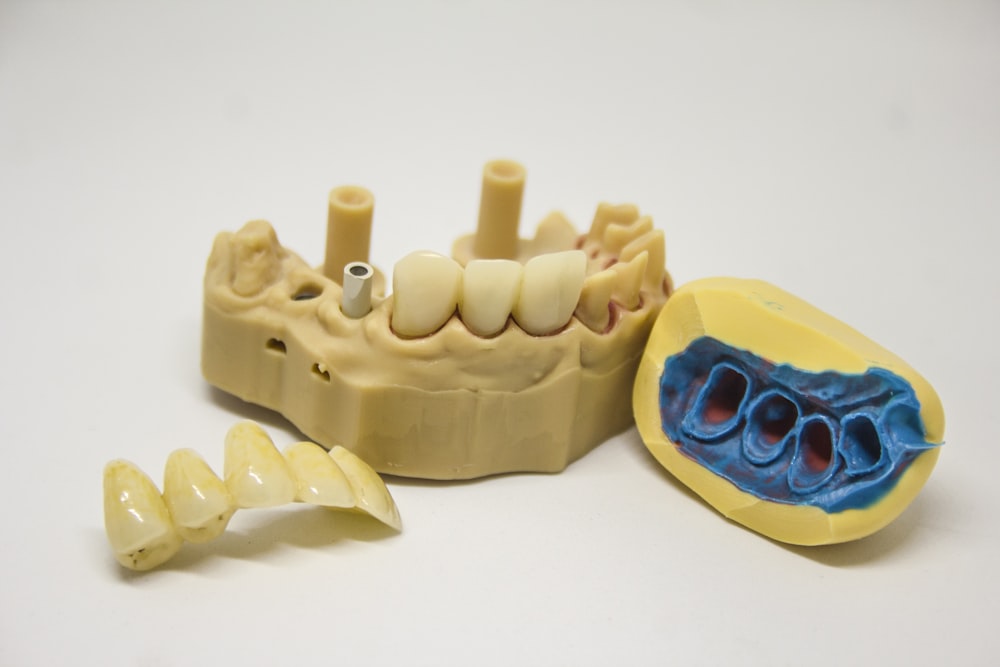Fixing a Chipped Tooth: Options and Considerations
When it comes to dental mishaps, a chipped tooth can be both unsightly and uncomfortable. Whether it’s a result of a sports injury, an unfortunate fall, or just biting down on something too hard, dealing with a chipped tooth requires prompt attention. In this article, we’ll explore various options and considerations for fixing a chipped tooth.
Understanding the Severity
The first step in addressing a chipped tooth is to understand the severity of the damage. Not all chipped teeth are the same, and the treatment options may vary depending on the extent of the injury. Minor chips may only require cosmetic procedures, while more severe cases might involve restorative dental work.
Cosmetic Bonding: A Quick Fix
For minor chips that don’t affect the structure of the tooth, cosmetic bonding can be an effective and relatively quick solution. In this procedure, a tooth-colored resin is applied to the chipped area and shaped to match the natural contour of the tooth. The resin is then hardened using a special light, creating a seamless and natural-looking repair.
Dental Veneers: Concealing Imperfections
If the chipped tooth is more extensive or if you’re looking for a longer-lasting solution, dental veneers could be the answer. Veneers are thin shells, usually made of porcelain, that are custom-made to cover the front surface of the tooth. They not only hide the chipped portion but also enhance the overall appearance of the smile.
Crowns for Structural Support
In cases where the structural integrity of the tooth is compromised, a dental crown may be recommended. A crown is a cap that covers the entire tooth, providing strength and protection. This option is often chosen for larger chips or when the chipped tooth has undergone a significant loss of enamel.
Tooth-Colored Fillings: A Natural Look
For chipped teeth that involve cavities or decay, tooth-colored fillings can be an excellent choice. These fillings are made of composite materials that closely match the color of natural teeth. Besides repairing the chipped area, they also address any underlying dental issues, ensuring a healthy and aesthetically pleasing result.
The Importance of Timely Repairs
Regardless of the chosen treatment, it’s crucial to address a chipped tooth promptly. Ignoring the issue can lead to further damage, increased sensitivity, and even the risk of infection. Timely repairs not only restore the appearance of your smile but also contribute to the overall health and longevity of your teeth.
Considering Long-Term Dental Health
While fixing a chipped tooth is essential for cosmetic reasons, it’s equally important to consider long-term dental health. Regular dental check-ups, good oral hygiene practices, and a well-balanced diet play key roles in preventing future dental issues and maintaining the results of any dental procedures.
Professional Consultation Matters
Every individual case is unique, and the most suitable option for fixing a chipped tooth depends on various factors. Seeking professional advice from a dentist is crucial for accurate diagnosis and personalized treatment recommendations. A dentist can assess the extent of the damage, discuss available options, and guide you towards the most appropriate solution for your specific situation.
In conclusion, addressing a chipped tooth involves understanding the severity of the damage, exploring suitable treatment options, and prioritizing long-term dental health. Whether opting for cosmetic bonding, dental veneers, crowns, or fillings, a timely and informed decision, guided by professional consultation, can restore your smile and confidence. If you’re dealing with a chipped tooth, don’t delay—visit your dentist to explore the best course of action for your unique situation.

